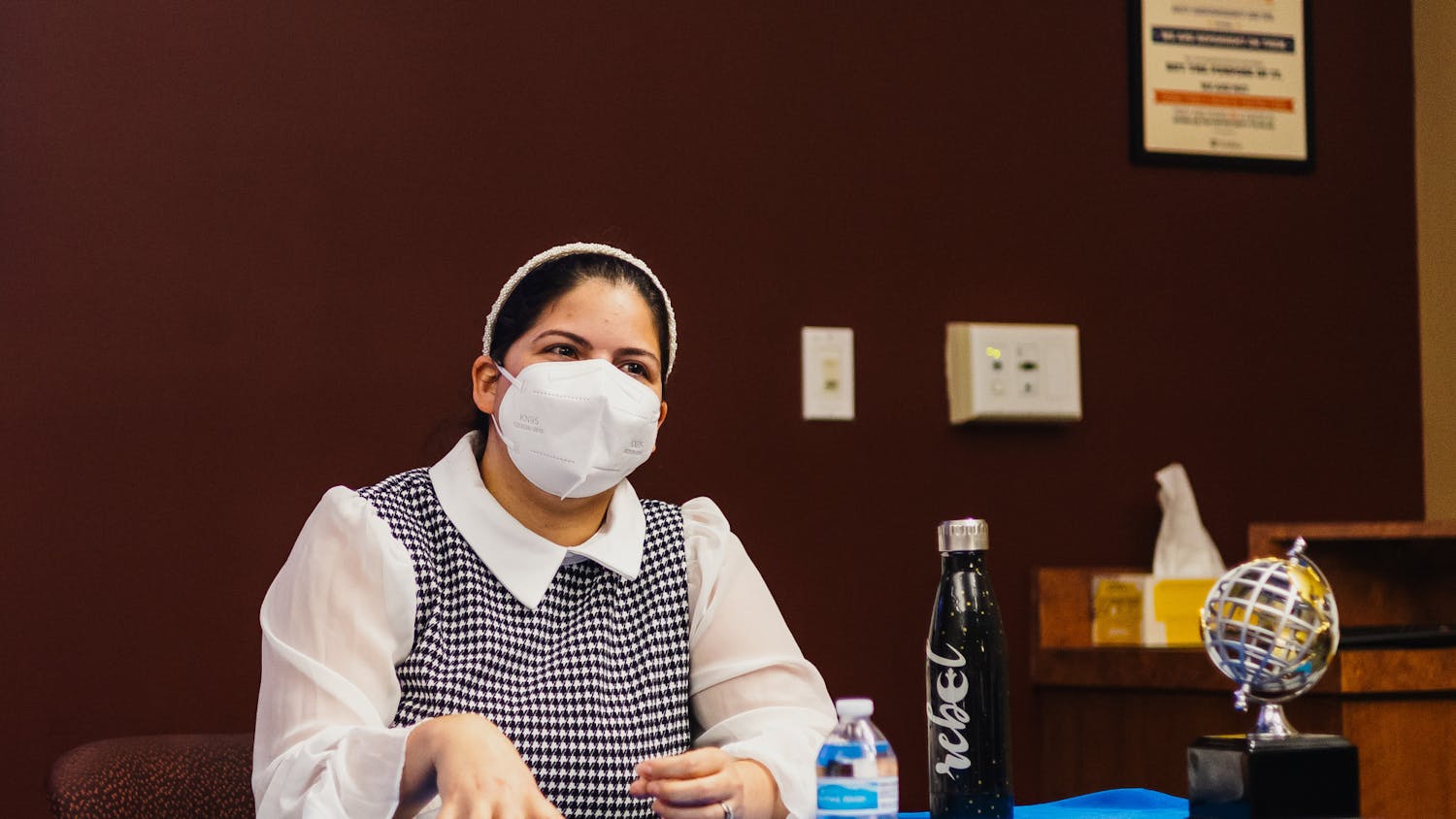"You want to be in America, A) You’d better be here legally or you’re out of here; B) When you’re here, let’s speak American.” — Sarah Palin
There is no consideration of language in context without explicit reference to power structures, because language provides a crucial means of reinforcing cultural and political hegemony. English in America and elsewhere is a linguistic placeholder for colonialism: an invasive species that stood the test of time. As such, to interpret what Palin meant — and what she and many others sadly fear — we are compelled to examine the interface of power and language policy in the U.S. within the scope of national identity.
As it is not specified in the Constitution or by law, our country has no official language, although English has certainly come to embody, de facto, many of the functions of a national or official language. Crucially though, it is absurd to assert that our national language is in fact “American” English for two reasons: One, language practice in the U.S. is naturally and heavily marked by other languages; two, no single, objective “English” exists.
First and foremost, English is a foreign entity in the Americas and does not factor into the righteous and manifold linguistic traditions of Amerindians. If we assert English as a national language of the U.S., then Navajo, Seminole and Sioux just as soon must make the cut.
Part of the American-dream myth — the very entity that rendered Timucua and so many other Amerindian languages extinct — is the notion of the “melting pot,” generally taught as a metaphor for the superiority of assimilation over diversity. However, in practice, I believe resistance to such homogeneous ideals of what it means to be “American” is what truly makes America great.
Walk around New York City, a truly fantastic and marvelous place — also a pinnacle of Americana — and you see clearly how the maintenance of non-American cultures there constitutes, perhaps paradoxically, part of our “American identity,” which is itself haphazard and rich in diverse influences. Without taking into account America’s intense linguistic diversity, we fail to recognize our national essence.
Granted, the children of immigrants usually learn English natively, but to assert that an immigrant should abandon his or her mother tongue is crass and also wholly ignores the practice of multilingualism in the vast majority of contexts around the world.
As for the “American” that Americans should speak, what would that entail precisely? Every individual in the world speaks distinctly, per influences of language, gender, socioeconomic status, education, ideology, manner, etc. Keeping this in mind, wouldn’t it be a little shortsighted to assert that the only “standard” acceptable is a very specific register of “English,” which in practice is only spoken by a small segment of the population? If part of a person’s authentic self is his or her variety of Mandarin Chinese or Colombian Spanish, then by all means that could figure into his or her valid American identity.
We cannot assert any entity called “American” English as a totality if we are simultaneously to dismiss the great and marvelous diversity of practice that such a collective entity truly entails — both within and without the spectrums of “English.” Per our humanness and the validity of each individual experience, every stratified subdialect and individual idiolect is a building block in the structure of America’s language practice and, ultimately, America.
The history of our country — and hemisphere — is largely one of dispossession and destruction, whereby colonists ravaged the indigenous cultures and lands of the Americas. By their designs and metrics, which are still present today, this project of standardization was perceived as successful. In human terms, however, the immense reduction of diversity and imposition of norms has been a catastrophe.
Yes, English is utilized extensively in our national context, but this does not mean it is or should ever be deemed our official — or even national — language.
Jordan MacKenzie is a second-year UF linguistics master’s student. His column appears on Wednesdays.




